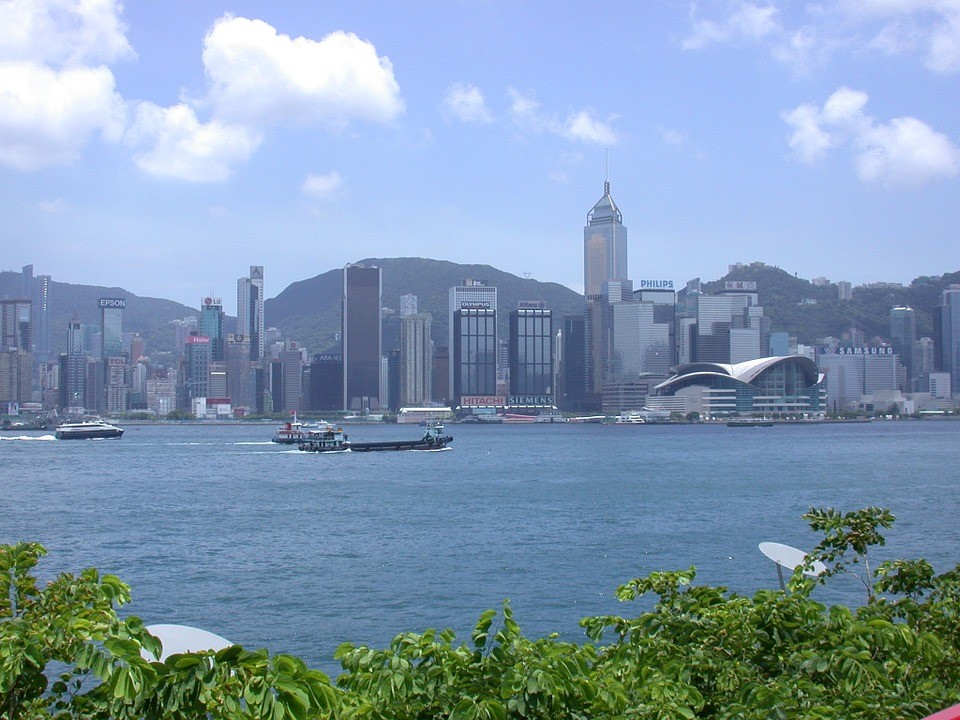Surveys
Hong Kong Is World's Priciest City - Julius Baer Study

The world's most expensive city is Hong Kong and Asian cities dominate the rankings according to a report compiled by the Swiss private bank.
Asia is the world’s most expensive region for luxury living and residential property, with Hong Kong top of the charts in spite of its political instability, putting the Americas and Europe into second and third place, respectively, according to a ranking produced by Julius Baer, the private bank.
The Swiss bank’s Global Wealth And Lifestyle Report 2020 put Hong Kong at the top out of 28 cities for cost, followed by Shanghai, Tokyo, New York and Singapore in second, third, fourth and fifth, respectively. At the other end of the scale, Mumbai (28th) was cheapest.
With Hong Kong’s currency pegged to the US dollar, some downward pressures that might be linked to the domestic disturbances in the jurisdiction have not made themselves felt, Julius Baer explained to this publication at a presentation on the results.
The health of the luxury goods sector is a barometer of how the wealth management industry fares more generally, shedding light on how willing high net worth individuals are to spend money, dig into their assets and focus their attentions. In a separate report, from Reportlinker, a group producing studies about certain sectors, it said that the global luxury goods market stood at nearly $324.59 billion in 2018. The global luxury goods market is projected to grow at a compound annual growth rate of 2.92 per cent between 2019 to 2025.
Conscious consumers
Separately, the report’s authors added to the chorus of ideas
around sustainability and concerns about the environment, talking
about the rising phenomenon of “conspicuous consumption”.
Increasingly, it said, HNW individuals' purchasing habits are
shaped by worries about global warming, sustainable business
practices, human rights and the treatment of minorities, among
other issues.
“Our analysis reveals the growing desire among consumers to balance their buying decisions with their social, environmental and political convictions. This began with the Millennials, but the baton definitely has been passed down the generations now,” Nicholas de Skowronski, head of wealth management solutions at the bank, said.
“The conscious consumer is here to stay, and we see a fast evolution of existing offerings and and major investments into innovations across industries as a response to growing demand.”
Among the findings, the report said that Europeans and North Americans are least likely to pay a premium for “responsibly” produced goods, because strict rules (they think) already provide assurance on “ordinary” goods. Consumers in Asia and Latin America are more inclined to choose a product on its sustainability credentials,” it said.
The Julius Baer Lifestyle index surveyed prices of 20 premium goods and services in 28 cities: 10 in Asia, 12 in Europe, the Middle East and Africa and six in the Americas. Hong Kong, as previously mentioned, is the most expensive, above the 90th percentile for property, beauty services, fine dining, business class flights and legal fees.
(Editor's note: During the briefing on the report by Julius Baer executives, journalists - including your correspondent - asked that there must be a tension between the very notion of luxury spending and the current almost puritanical dislike for conspicuous consumption and worry about the Earth that one encounters in the mainstream media. For example, can private jet travel sit alongside a "Green" outlook? Does spending on Swiss wrist watches, luxury condos in Asia, $300 million super-yachts and 500 bps sports cars fit with such concerns? It is easy, of course, to mock HNW "Green" consumers for slight hypocrisy, but one way to respond is that much change in consumer tends comes from the richest people. After all, they have the money to try out new ideas such as "eco-tourism" that might be too expensive or sound too esoteric for the mass market. Over time, as economies of scale do their magic, the wider public can afford such "Green" products and services. This is often how business transformation works over time, a point that those who attack the wealthy for their assets would do well to remember. HNW individuals have the freedom of their wealth to be innovators and try out new things. It would be good if the wealth sector was more vocal in making this point.)